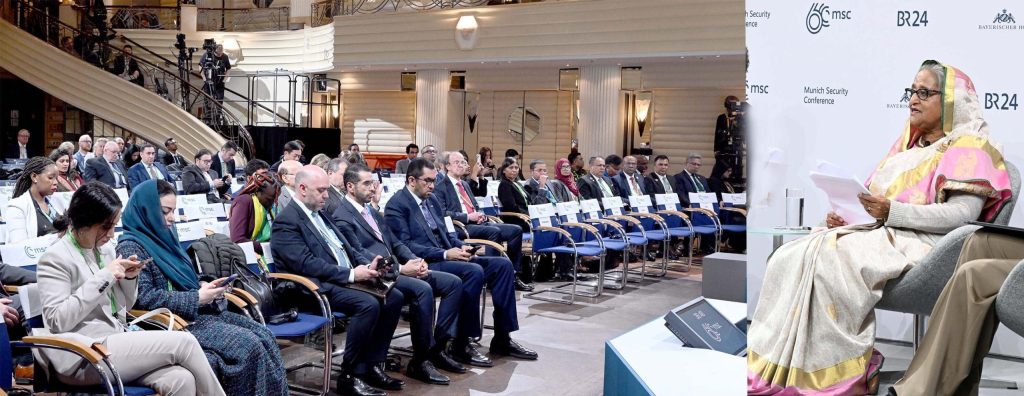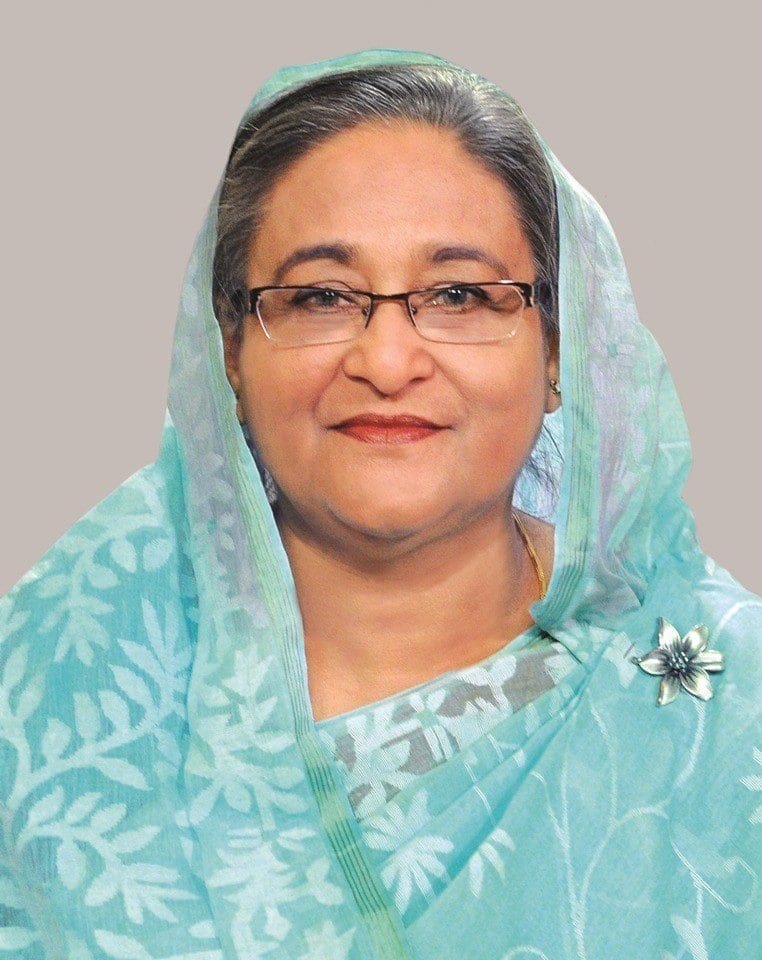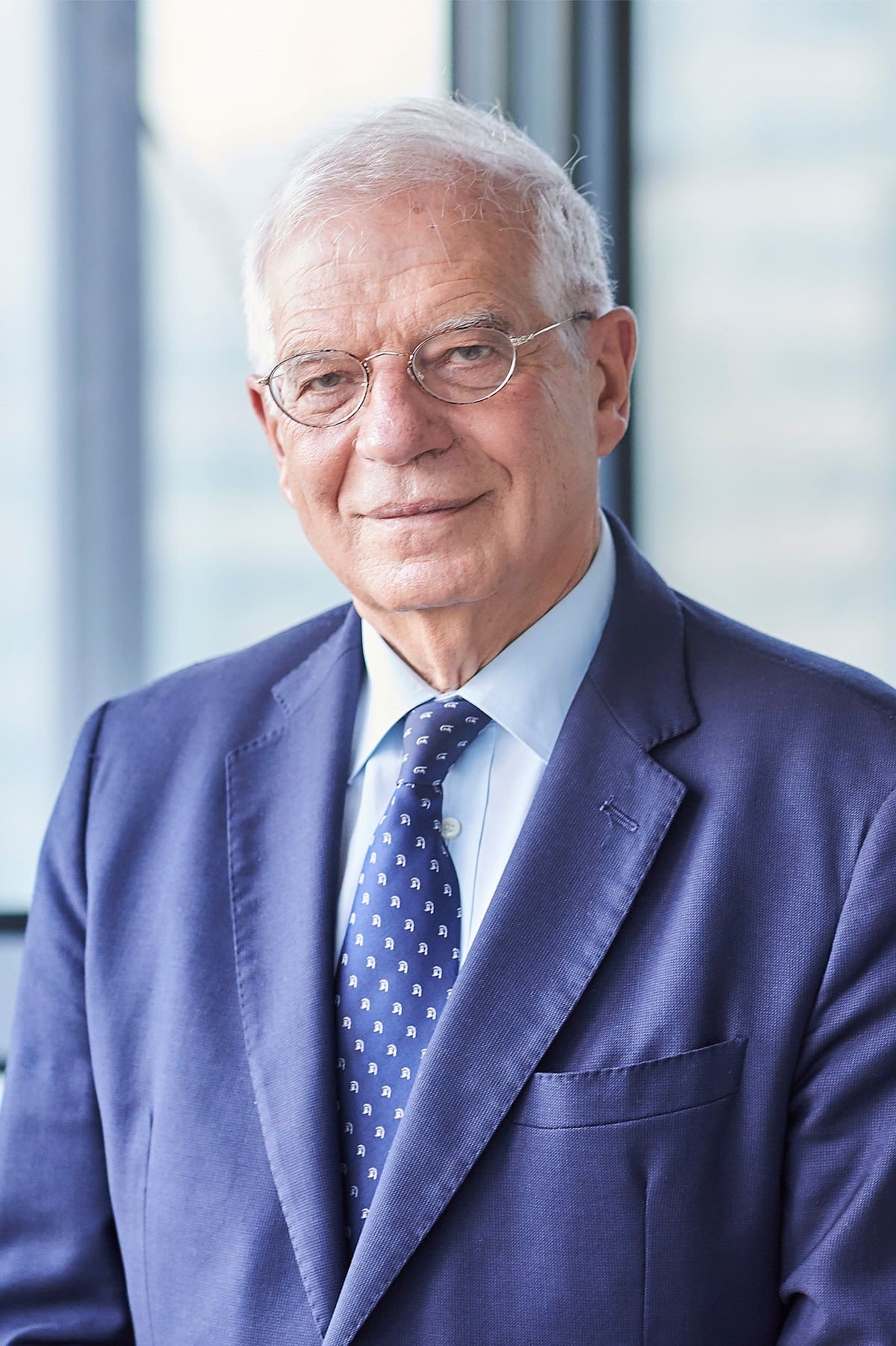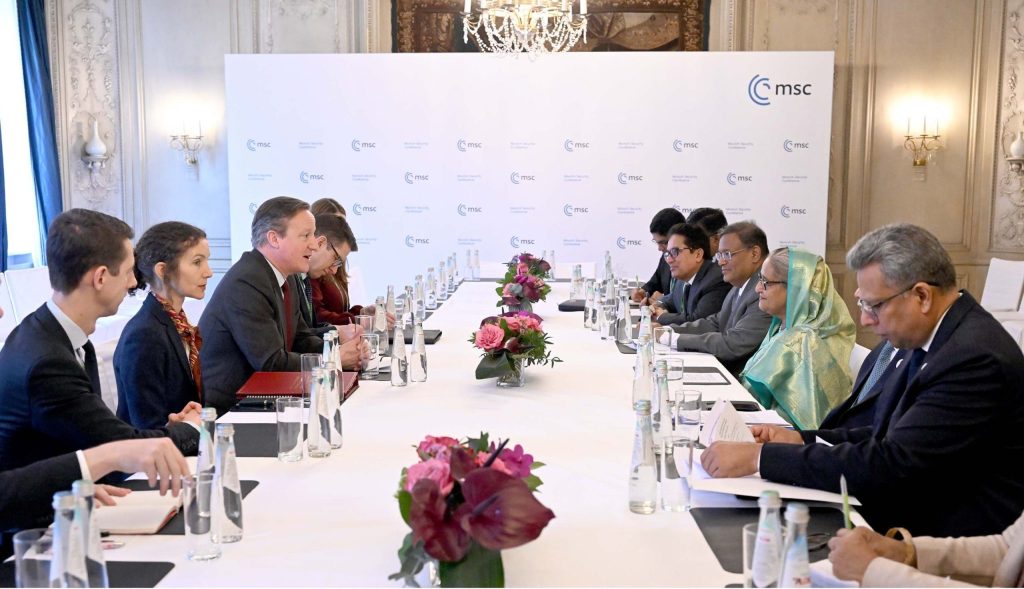The Munich Security Conference 2024 has just concluded, which began in the backdrop of Russia-Ukraine war, Israel’s invasion of Gaza and other geopolitical issues. Is the EU looking for strategic autonomy? What does the MSC 2024 signify?
The world economy was still recovering from the slowdown of the pandemic when Vladimir Putin invaded Ukraine in February, 2022 and the world and Europe had witnessed the most brutal war since the Second world war. Two years later the war is still going on with more than 500,000 dead on both sides. Russia was slapped with the greatest sanctions regime the world has ever seen to curb its ability to fund its special military operation. In retaliation Russia weaponized the energy sector which shot up the prices of oil and fueled inflation in all parts of the world.
The Europeans with their generational wealth have relatively dealt with the economic blow persistent in the world but the developing world, especially the global south which has achieved remarkable growth in the last decade saw its hard-earned growth wane off. Just when the war in Ukraine is approaching a stalemate, the Oct 7 attack of Hamas on Israelis sparked a fresh assault on the Palestinians by the Israelis which since has claimed nearly 30,000 Palestinian lives.
0
Palestinian lives claimed by Israel
The West which has been vocal on Democracy and Human rights under the Biden Administration’s value based foreign policy where these fundamental principles have been given priority have shied away from calling out Israel’s indiscriminate bombing of Palestinian civilian infrastructure and is providing arms and funds to the state of Israel to carry out their military operation. In retaliation, the Houthi Rebels in Yemen, with indirect backings from Iran have started targeting the red sea shipping lanes which has sparked another fear that the global supply chain will break off. The Red Sea, which sees 80% of global trade pass through the narrow corridor, has become the battleground between the US and its allies and Iran and its proxies in the region. Global shipping costs have surged significantly casting a shadow over global trade. If economic uncertainty persists followed by a slowdown in the western and European economic activity many developing countries will risk default.
Munich Security Conference – Cloud of Uncertainty
This year’s Munich security conference started amidst a cloud of uncertainty because of growing disagreement among allies in funding Ukraine in its defense, Israel’s onslaught, the red sea crisis, the US presidential election. The fate of European security and Europe’s role in global political matters hangs in the balance. Around 50 heads of state or government, over 100 ministers, as well as the leaders of many key international and civil society organizations are expected for this year’s anniversary edition.
The state and future of the international order, much-needed reforms of multilateral governance mechanisms, regional conflicts, transnational challenges such as climate and food insecurity, as well as Europe’s role in the world, was at the center of the discussions in Munich. In line with its efforts over the last couple of years, the MSC has placed special emphasis on including countries and actors from the so-called “Global South” in all aspects of the programming in order to ensure the most inclusive debates possible. But questions arose whether the voice of the global south or the developing world in general has any significant value when it comes to the global geopolitical conflicts where they tend to lose the most.
Bangladesh in Munich Security Conference
The Premier of Bangladesh, Sheikh Hasina attended the global conference at the invitation of Ambassador Christoph Heusgen, Chairman of the Munich Security Conference (MSC).

The prime minister said that while speaking at the high-level panel on ‘From Pocket to Planet: Scaling Up Climate Finance’ she called for an immediate end to all hostilities, illegal occupations, and inhuman killings of unarmed people, especially women and children, in Gaza and the rest of the world.
“I drew everyone’s attention to the fact that the adverse effects of economic sanctions and counter-sanctions are felt far beyond the battlefield…In the crisis of humanity’s existence, I presented this harsh reality that petty interests only bring misery.”

Sheikh Hasina
in Munich Security Conference
In this context, she urged everyone to make available and implement the necessary logistics and financing to address the risks of climate change by ending the senseless arms race.
Europe’s Concerns – Ukraine, Gaza and the South
On the final day of MSC 2024, which brought to a close three days of debates on geopolitical issues, the head of European diplomacy Josep Borrell declared that the most important geopolitical issues facing the European Union today are linked to Ukraine, Gaza and the southern countries, as well as defense.
“To be a geopolitical player, the European Union needs to build a strong defense capacity and be united. We are in a war situation that requires a different approach: from Ukraine to Gaza, the Member States must act together, quicker and better.”

Josep Borrell
Head of European Diplomacy
Europe’s security and its foreign policy in the middle east and global south has to be determined by its people and their leaders as recent developments in the war in Ukraine over US funding and the Biden Administration’s inaction over human rights violation of Israel in Palestine suggested that the EU cannot and should not follow the United States’ footsteps in chalking up its foreign policy and rather create a position of its own. The European Union should aim for strategic autonomy in global politics should it aim to maintain relevance. Recent developments in these regions saw significant differences in approach than that of the USA as it was evident when European Union foreign policy chief Josep Borrell made a thinly veiled call on the U.S. to cut arms supplies to Israel due to high civilian casualties in its war in Gaza.
Well, if you believe that too many people are being killed, maybe you should provide less arms in order to prevent so many people being killed… if the international community believes that this is a slaughter, that too many people are being killed, maybe we have to think about the provision of arms”

Josep Borrell
After a meeting of EU development aid ministers in Brussels
Different “Bangladesh” Strategy of Europe and the US
It was also evident in the EU’s strategy to promote Democracy and human rights in Bangladesh ahead of the 12th parliamentary election held on January 7, 2024 when the EU didn’t follow the United States’ footsteps tooth and nail. The Biden administration had imposed visa restrictions on people it deemed to undermine democratic conditions which put a strain on the relationship between Bangladesh and the USA. Bangladesh, which is a small South Asian country has in recent times seen great attention from the major superpowers due to its geographical position on the mouth of Bay of Bengal. Instead, the EU chose the path of dialogue and cooperation without resorting to any harsh measures to promote democracy and human rights.

Washington’s approach risked straining the relationship with the Government of Bangladesh which could push Bangladesh further into Chinese influence which was counterproductive because much of United States’ concern with regard to Bangladesh was that Hasina Government was cosying up too much with China. Bangladesh and the EU have been negotiating a Partnership and Cooperation Agreement which will be more political in nature as was stated by the European High Commissioner to Bangladesh, Charles Whitely. The EU will increase dialogue with Bangladesh to achieve shared objectives of democracy, human rights while keeping the economic cooperation between them on a positive footing.
The French are leading the way for European Foreign Policy in South Asia. With a “Third Way” in the regions facing new imperialism the EU has the opportunity to reinvent its foreign policy position. Much of the reshaping of European diplomacy in the global south is initiated by France. They have made an early bet in India and the French President Emmanuel Macron was the Chief Guest on the 75th Republic Day of India. President Macron also visited Bangladesh in September, 2023, when both Prime Minister Sheikh Hasina and the French Premier declared that the bilateral relationship between Bangladesh and France is moving towards a strategic level.
The Future of EU
But in issues ranging from the war in Ukraine to the Israel-Hamas conflict in the middle east there is a growing discord among the member states of the EU in a time when unity could be the answer to the problems. There was a growing sense in this year’s Munich security conference among the western leaders that they know what to do with everything that is happening in the geopolitical landscape but lack the commitment to do what it takes. The American commitment to European security doesn’t look as strong as it did two years ago with Trump threatening to cut funding for NATO countries which fail to make a 2% GDP spending on their defense. With a possible return of Trump to the White House the Europeans need to prepare for a Europe where the Europeans themselves are leading their own defensive architecture and that calls for unity among the member states and if this entails engaging in basic diplomacy with the Russians one could argue that should not be discarded in its entirety.
This year’s Munich security conference presented a not-very-bright future for the world and the fact that Europe will have to find a way to bring its member states in unity to achieve its security objectives, economic interests and geopolitical interests in the Middle East and the Asia Pacific. Its approach with the partners in the global south on issues of mutual interest is commendable and bearing fruit. The developing world looks to Europe as a “Third Way” to achieve prosperity and peace for all.
Recent remarks of top European leaders with regards to the Middle East crisis proves that all hope isn’t lost and if the EU can commit it will be able to lead the way to achieve peace for the world in a time where great powers are fighting proxy wars without considering the repercussions which are felt far beyond the battlefield. The Global South achieved remarkable growth in the last decade owing to peace and stability by growing partnerships in the East and the West. It is leading the world’s fight against climate change which is a prominent sector for collaboration among the East-West and the South.
In a time of increased geopolitical tensions and economic uncertainties attempts to de-couple and disengagement rather than partnerships and cooperation will ultimately lead to a lose-lose situation for the whole world. The China-US summit last year in San Francisco signaled dialogue and cooperation. And the re-establishment of high-level military communication between China and the US signaled that both the superpowers are willing to mend ties and cooperate on the issues of mutual and global benefits. Emergence of non-traditional security threats notably in the Middle East is posing a severe challenge to an already ailing global economy which is still recovering from the pandemic and the ongoing Russia-Ukraine War.
Cover Photo: US Secretary of State Antony Blinken, left, and German Foreign Minister Annalena Baerbock, center, talk during a panel in Munich, Germany, Friday, Feb. 18, 2022, on the first day of the Munich Security Conference. (AP Photo/Michael Probst)
About the Author

Tanmoy Dhar is an Economics graduate from the University of Dhaka. He has served an associate at CounterFoto- A Center for Visual Arts.